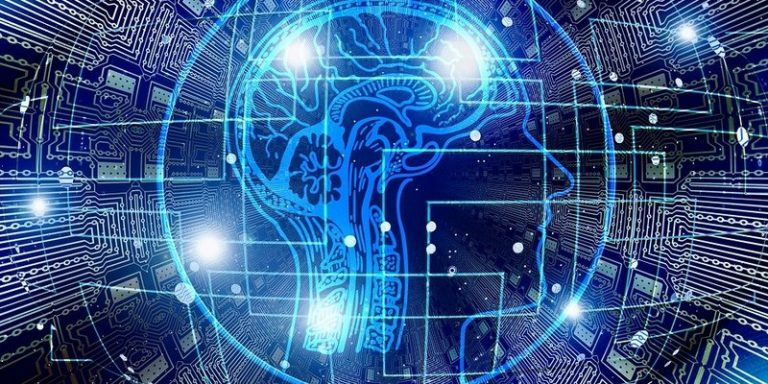
The French Institute of Public Opinion (IFOP) has studied the awareness and image of artificial intelligence among the French. The main question around which the study revolves is the following: “How do the French perceive artificial intelligence? One of the findings shows that the French are aware of the important role that AI plays in economic life and trust it, but say they are poorly informed about the possibilities that this technology can bring.
The omnipresence of artificial intelligence in the consciousness of individuals
In the survey proposed by IFOP, the first point put forward is the ubiquity of artificial intelligence since 91% of the individuals questioned have already heard about it. One French person out of two claims to know what it is precisely, but only 27% of them have already used services or products that exploit AI in their personal life. As soon as one is interested in professional life, the figure drops (16%). IFOP states:
“These figures reveal a significant gap between the perception that the French have of artificial intelligence and the actual use they have of it. Because as soon as you use your smartphone or take advantage of a streaming platform, AI is present. So it seems that the French have difficulty identifying it.”
In the 91% of individuals, almost all are aware of being uninformed on the subject and more than two-thirds of French people want to be more aware, an increase of 8% (58% vs. 66%) compared to 2018. The sectors where lack of awareness of AI seems to be present are health (66%), the environment (69%) and education (70%).
However, 76% of the French are convinced that AI will play an important role in our daily lives in the years to come: a figure that is 22% higher than in 2019.
Artificial intelligence: indispensable and positive on work performance
45% of those questioned believe that AI is indispensable and are therefore aware that its development is crucial and that whatever happens, many of them will be impacted. In the context of their working lives, roughly the same proportion of individuals (44%) consider that AI has a fairly positive impact on work performance, on the development of skills (42%) and on well-being at work (40%), figures that are up by three to four points compared to 2019.
At the same time, 42% of respondents believe that AI will have a rather negative impact on the sustainability of their jobs. A result that could be correlated with another study conducted by Botnation among consumers and professionals.
The importance of trusted artificial intelligence in the eyes of the French
For 73% of the French, the development of trusted AI is an important issue. Compared to 2019, those surveyed trust it more (64% vs. 58% in 2019). 21% of them have a better opinion of AI since the beginning of the health crisis related to COVID-19 and 47% think it is becoming more important in the health sector.
In comparison, 24% of French people are wary of AI and think there may be a risk of misuse, while 20% think there are risks related to data protection and loss of know-how. To conclude, Agnès Van de Walle, President of the Impact AI collective and Director of Partners and Start-ups Microsoft France, spoke about this study and responsible AI:
“If the health crisis has accelerated the uses of digital technology, this new edition of the Impact AI barometer shows that it has also contributed to the evolution of the French people’s perception of artificial intelligence. Whether in their professional or private spheres, the majority of French people now consider AI as a way to progress, as long as these uses are made in a framework of trust. In this sense, our collective has already been committed for 3 years to the development of a responsible AI which represents a major issue for the French and society as a whole.”
As part of this survey, 1,524 French people were questioned: 1,017 individuals representative of the French population aged over 18 as well as 507 employees representative of French working life.
Translated from Enquête IFOP : quelle est la notoriété et l’image de l’intelligence artificielle en France ?









